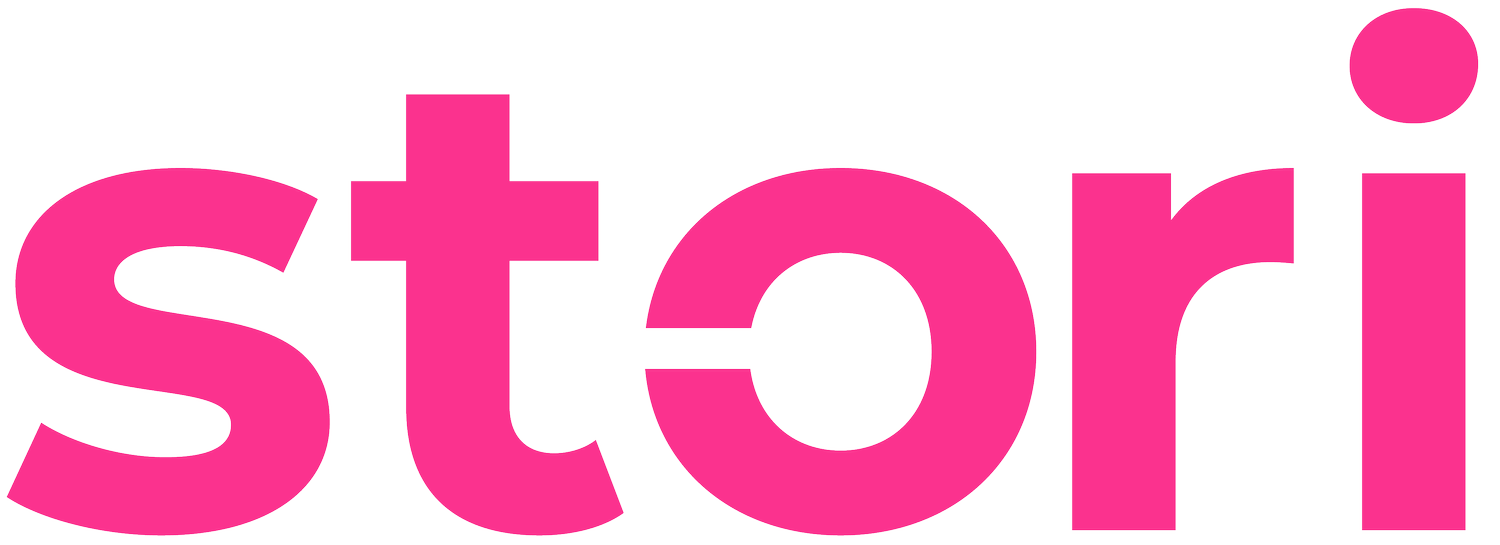Taking the biscuit - how HE can respond to cookie free digital marketing
Google have phased out third party cookies but what does that mean for you if you’re working in HE marketing?
It’s a question that came up at the Penna Education Advisory Board and also in many of our conversations with HE leaders.
To help answer in a concise and HE friendly way, Stori have teamed up with Drew Hayward-Wright and Dr Daniel Knapp (of Redefine Digital); Programmatic Advisor and Chief Economist at IAB Europe respectively.
Together they’ve created the ultimate guide to cookie-free living for HE marketing teams. Let’s start with why you should care about cookies.
First of all, what are they?
What’s changing?
Google is phasing out third-party tracking which can be used to "follow" a user from site to site. To put it plainly, a website can "know" that you were looking around for a type of product or service - like clothes, shoes or a course you might be interested in studying - and advertise those things to you elsewhere.
What does this mean for you?
Oona Venermo, Senior Client Partner at Penna Education, thinks a shift is marketing is on the cards; “Once third party cookies fully disappear, the return to contextual advertising and outcomes-based marketing will increase. That is, adverts targeted to specific audience groups based on the website being visited.”
What this ultimately means for HE is the increase in the importance of high-quality engaging content would result in greater transparency in your digital relationships with students and other audiences. And this should encourage universities to think more deeply about the relationships between their channels and audiences.
What should you do next?
There are some initial steps everyone should be looking to take now, to maximise time and budget.
First of all, as Drew Hayward-Wright told us, “Everyone needs to calm the f•%k down”.
Then you need to:
Explore the use of email addresses. As exciting as that sounds, you need to understand your university’s existing use of emails. You may have been using third-party cookies to drive students/parents to sign-in but this is where you can use tools like content to pull audience groups in the right direction and collect contact details to track engagement.
Double down on publishers or partnerships. There’s a huge amount of information you can leverage from publishers. They will be able to tell you who their audiences are, where they are, the content those audiences are interested in, and the contexts and environment you’d be best placed to advertise or serve content of value to reach those audiences.
Define your audience based on known data. The most important action. What do you already know? This will help when working with an agency or publisher to focus on the cohorts you wish to target. Google is going to be grouping a minimum of 1,000 people together, rather than individuals, so any profiling you can do now will help you in the near future.
Need more help?
We’ve teamed up with the IAB experts to create digital training courses for HE marketeers.
Meet, The Trainers:
Dr. Daniel Knapp, Chief Economist, IAB Europe & Co-Founder of Redefine Digital
Andrew Hayward-Wright, Programmatic Advisor - IAB Europe & Co-Founder of Redefine Digital
Module 1: Getting started in digital advertising - the digital landscape
Module 2: Understanding programmatic advertising
Module 3: A post third- party cookie world
Module 4: Anticipating the future: transformational trends you need to know about
Course Structure:
We’ll run digital training sessions tailored to fit your level of understanding for teams from 5 to 10 people. These can be tailored to your team’s needs.
Each module can be taken as a stand-alone subject and will take 1.5 hours to complete or two modules can be combined in a 3 hour session (including a 15-minute break).
To find out more about how to deliver results in a post-cookie world, contact:
oona.venermo@penna.com or visit https://www.pennaeducation.co.uk/
For the tailored digital training courses contact:
trina@stori.works or visit https://stori.works/

![colourful cookies[1].jpg](https://images.squarespace-cdn.com/content/v1/5e8fa391a8ce1510dd968ad5/1623173699496-MFYX4EWPHDBBKDPDVRBC/colourful+cookies%5B1%5D.jpg)
